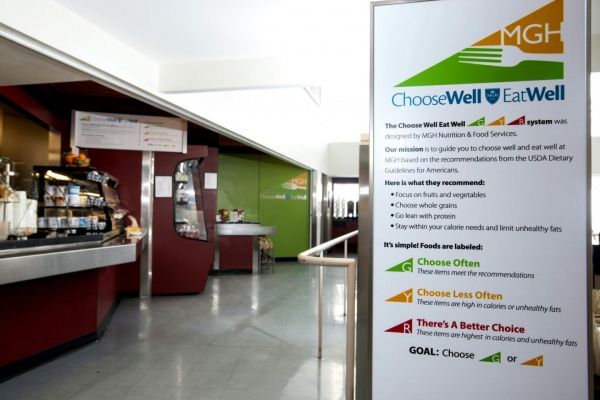A new study in the American Journal of Preventive Medicine, published by Elsevier, demonstrated that employees at a large urban hospital who purchased the least healthy food in its cafeteria were more likely to have an unhealthy diet outside of work, be overweight and/or obese, and have risk factors for diabetes and cardiovascular disease, compared to employees who made healthier purchases. These findings contribute to a better understanding of the relationship of eating behaviors at work with overall diet and health and can help to shape worksite wellness programs that both improve long-term health outcomes and reduce costs.
“Employer-sponsored programs to promote healthy eating could reach millions of Americans and help to curb obesity, a worsening epidemic that too often leads to diabetes, cardiovascular disease, and cancer,” said lead investigator Anne N. Thorndike, MD, MPH, Division of General Internal Medicine, Department of Medicine, Massachusetts General Hospital, and Harvard Medical School, Boston, MA, USA.
Most Americans spend about half their waking hours at work and consume food acquired at work. Nearly a third of all US workers are obese, which has an impact beyond the individual’s health risks. Previous research has shown that obesity contributes to higher absenteeism, lower productivity, and higher healthcare expenses for employers. This study’s findings can lead to more effective strategies to encourage employees to choose healthier foods and reduce their risks for chronic conditions.
Read more at Elsevier
Image: A "traffic light" approach to nutritional labeling directed employees to healthy food selections. Check-out scans were linked with employee IDs, providing an efficient and accurate approach for capturing data. (Credit: American Journal of Preventive Medicine)


